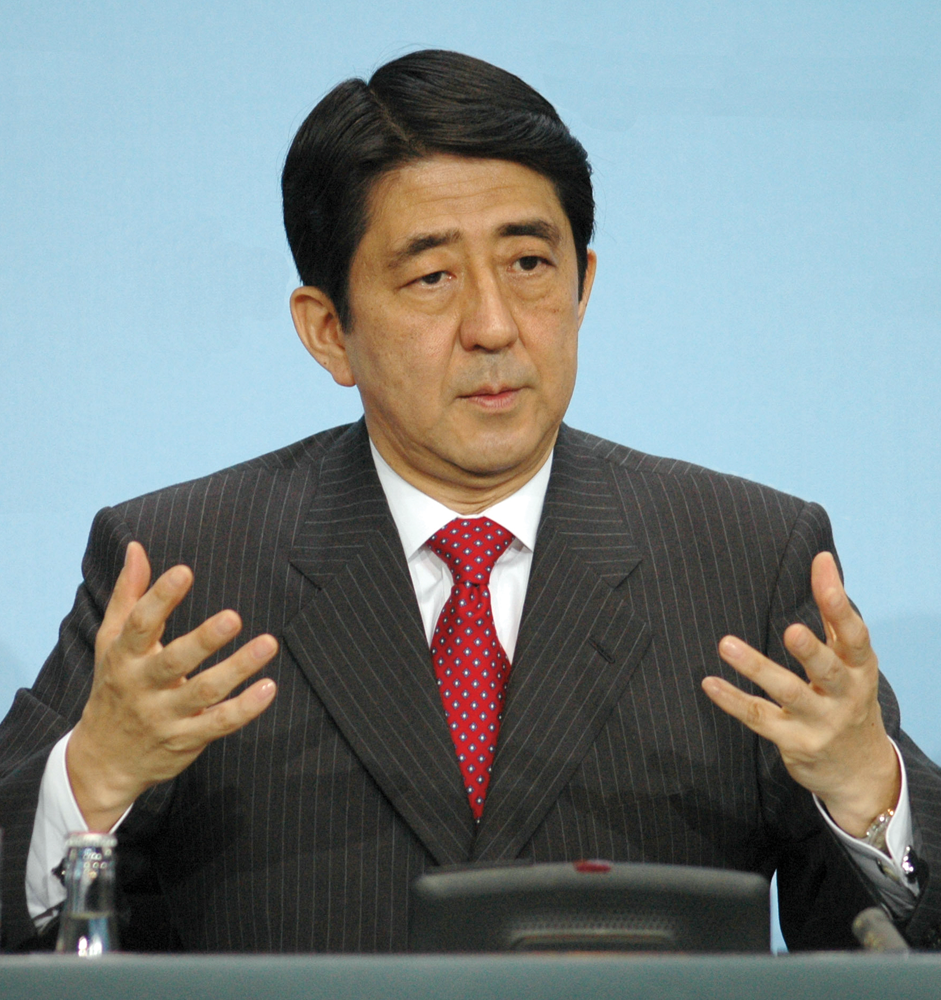Investing
Ten stocks to win if Abenomics fails

After Shinzo Abe took power late last year, Japan has been 2013’s undisputed success story.
The Nikkei is up 50% year-to-date as Abe’s huge program of quantative easing pushes the Japanese economy towards meaningful inflation for the first time in a generation.
But as investors anxiously wait for Abe’s ‘third arrow’ – which includes a planned rise in the country’s unpopular consumption tax – managers have been keen to position their portfolios to avoid the worst should Abenomics fail.
Nicholas Weindling, manager of the £479m JPM Japanese investment trust, said there are a number of other compelling opportunities beyond the benefits of Abenomics, seen most prominently in financials and construction.
“We split the trust into two: 50% to Abenomics and 50% in long-term structural themes,” he explained. “The stocks that have performed really well are the structural growth stories, not Abenomics.”
Here he highlights ten stocks set to do well should Abenomics disappoint.
Ecommerce
Weindling points to the low penetration of online retails in the country. Around 10% of shopping in the UK is done online, compared to just 2.5% in Japan.
“There is no reason for it to be any lower, which is why we are backing online retailers Rakuten and Kakaku,” he said. “Recipe site Cookpad is used by 80% of women aged 20 to 40.”
Karaoke
Karaoke machine manufacturer Daiichi Kosho has a dominant position in the market as the pastime grows in popularity among the elderly, the manager explained.
“Ten years ago, there were six companies in that market – now it is just them and one other,” he said. “It has good free, is only covered by one analyst and trades on a very low P/E. It is growing, not because of Abenomics, but because they are selling machines to nursing homes – it is a good way for everyone to have a good time.”
Adult nappies
Japan’s ageing population is a dominant theme in the portfolio. “As a theme, there are so many ways we can play it,” Weindling said. “The number of adult nappies sold is now bigger than baby nappies, and Unicharm has a 50% market share.”
Car parking
“Car parking is not an intuitively exciting area to investing, but Park24 has enormous pricing power, a bit like NCP,” Weindling said.
M&A
A number of Japanese industries, including drug stores, are ripe for consolidation.
“There is no Boots or Wallgreen like in the UK or US – the top ten players only have 30% market share,” he said. “The rest of the market is unlisted mom and pop stores with no economies of scale. We like drug stores trying to capture market share but also Nihon M&A Centre – two-thirds of Japanese companies have no succession plan, and it advises them on what to do.”
Automation
Rising wages in China means manufacturers now have increasing cost pressures, Weidling said. They are faced with either moving countries or automating parts of their assembly line
“Kaizen and Misumi are pure automation plays you cannot buy anywhere else in the world,” he added.
Cycling
“Shimano is the global number one in bike brakes and gears with 80% market share, and is a great long-term story about people cycling more” Weindling said.
But the firm’s attractiveness also lies in its lack of coverage, unusual even in a Japanese stock market mainly avoided by foreign investors for the last ten years. The reason is the Tokyo-centric nature of the market.
“It is a $10bn company with only four analysts covering it, because you have to travel down to Kobe to meet with them,” he said.